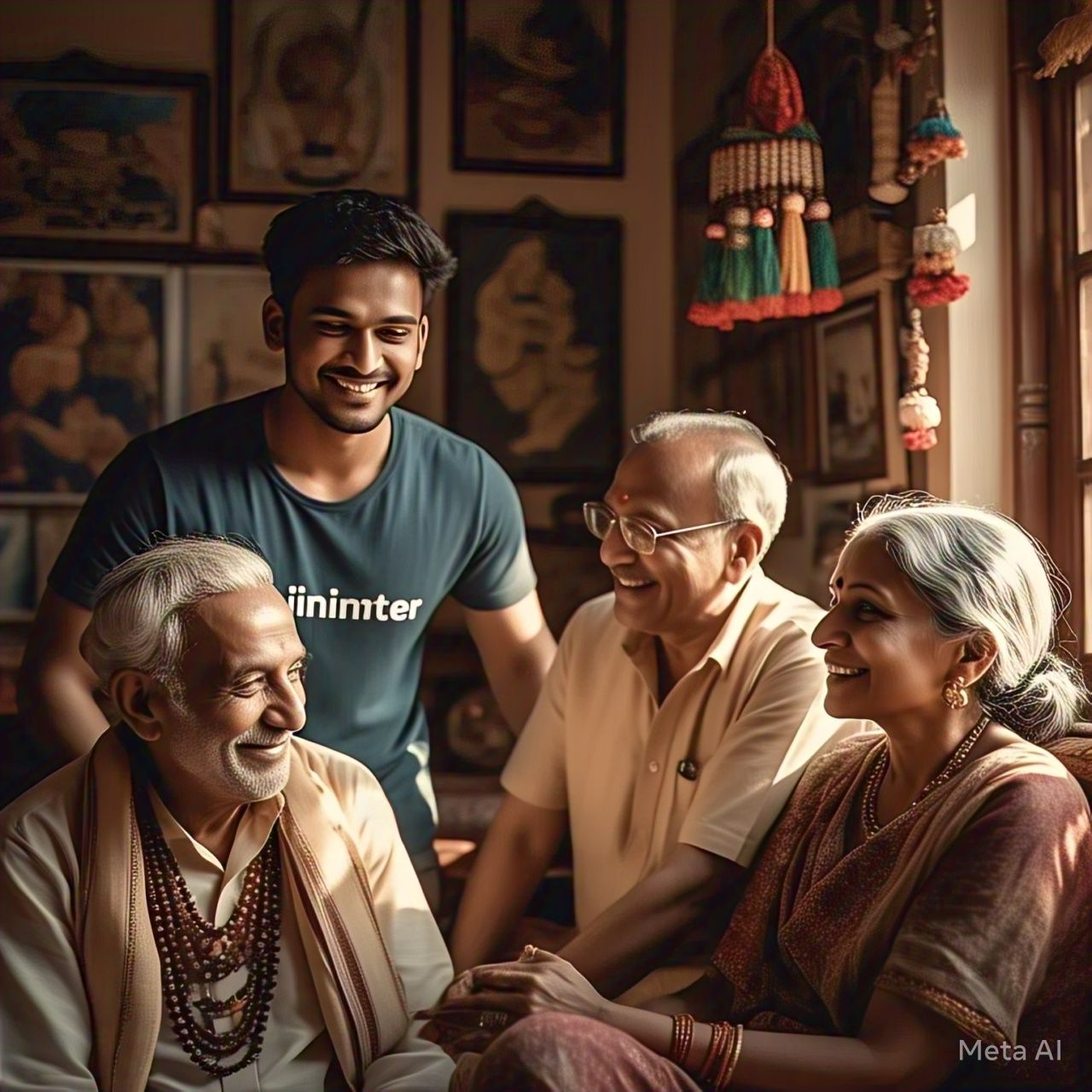x
M
E
D
I
F
I
N
D
E
R

